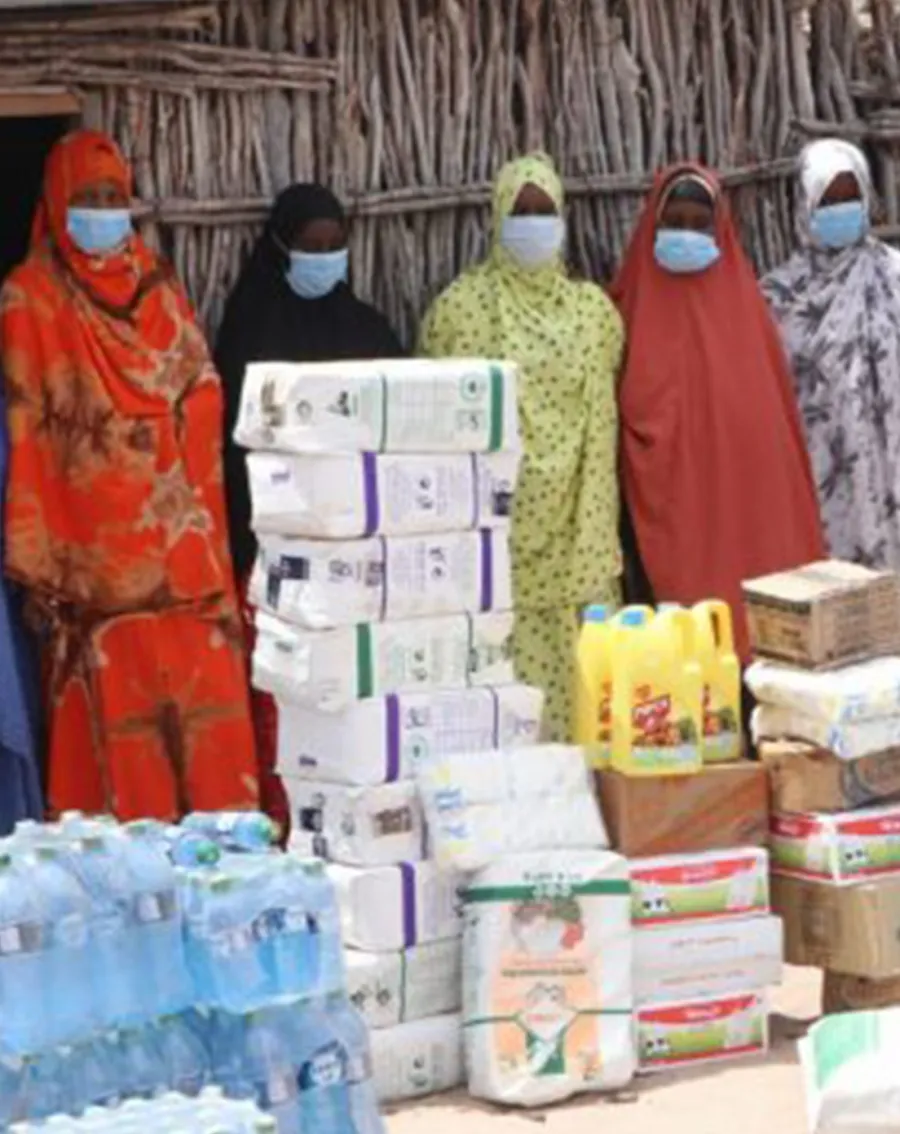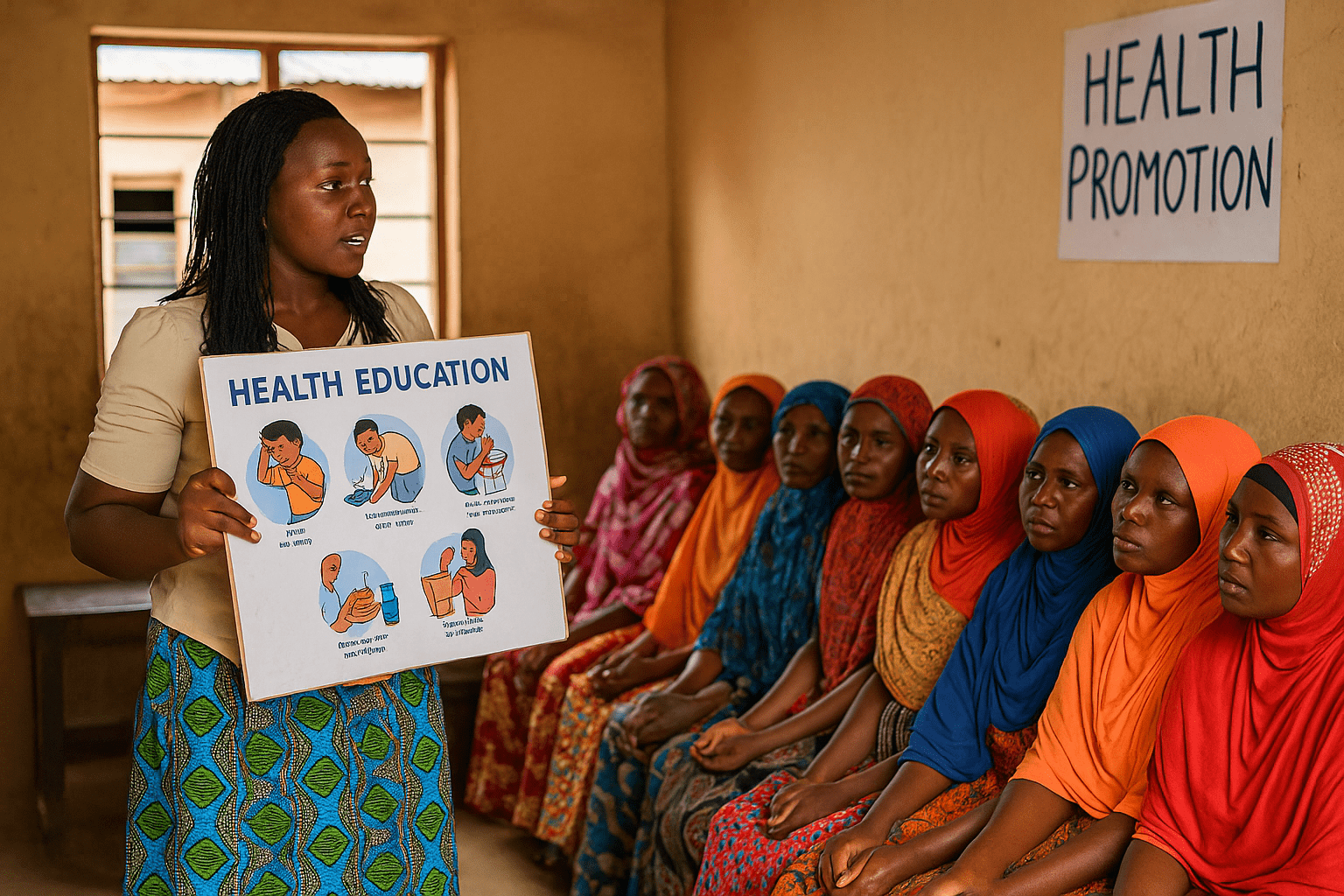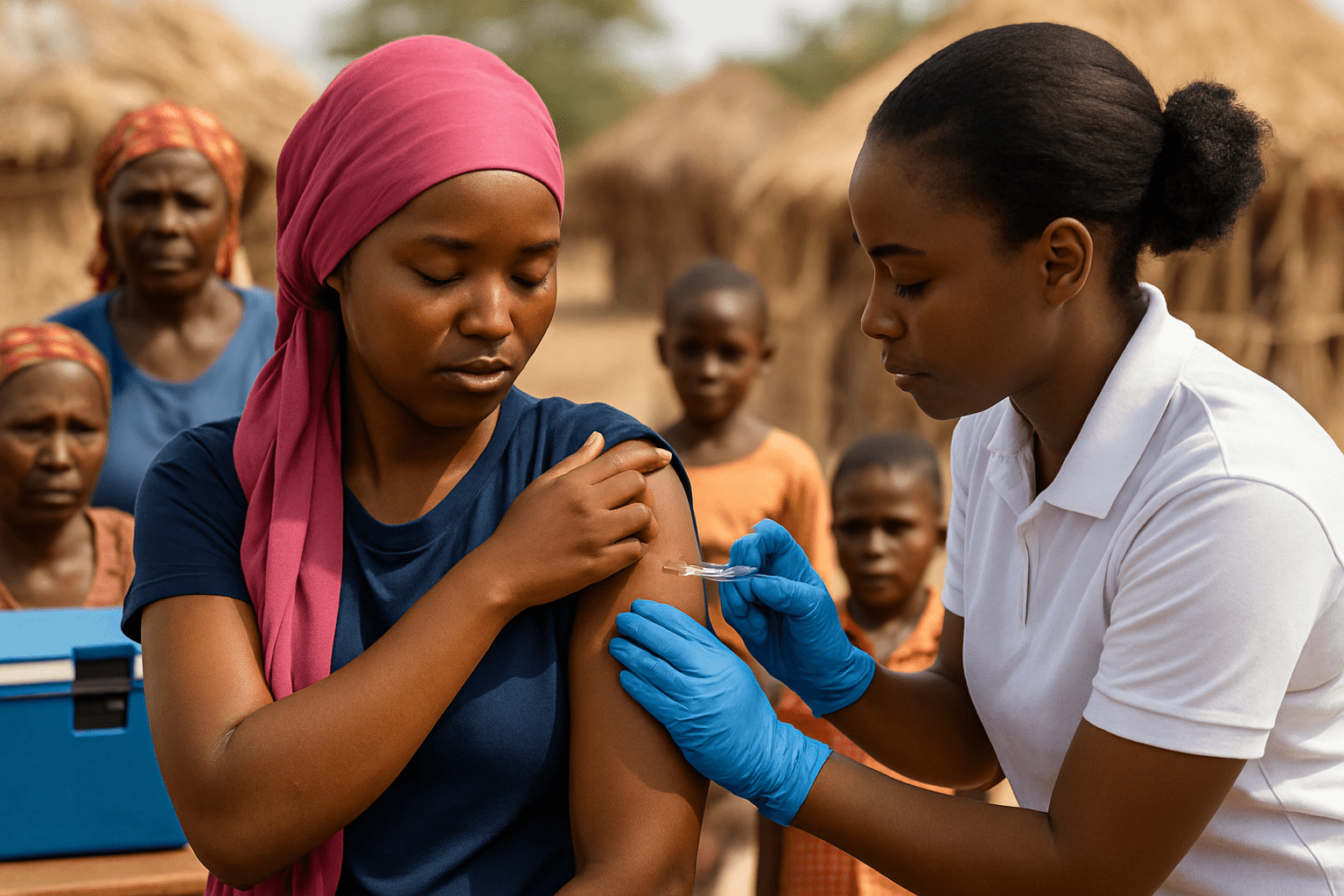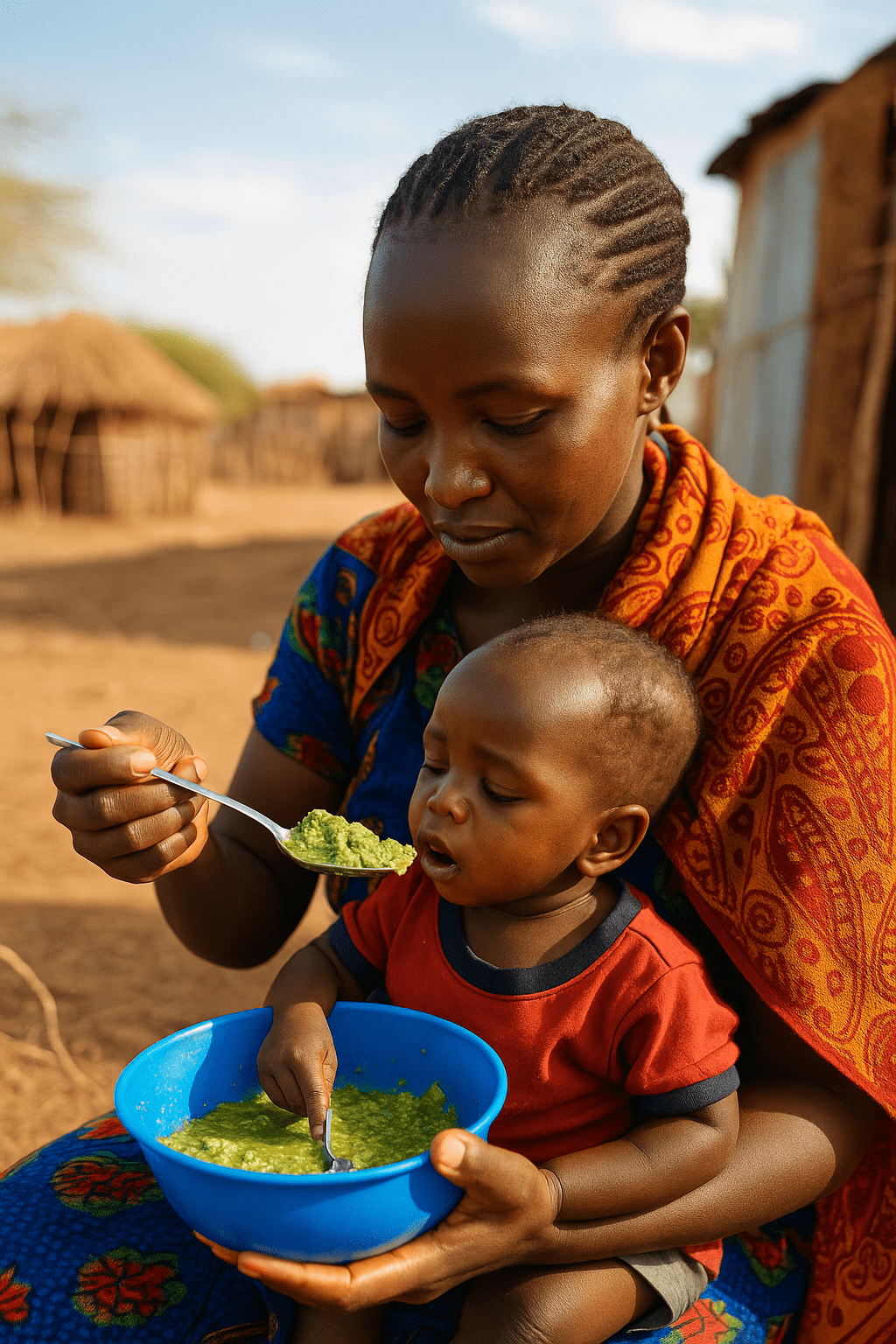
Health & Nutrition
Building healthier communities through access, awareness, and equity.
At APID, we believe that access to health and nutrition is a fundamental human right and a cornerstone of sustainable development. Our Health & Nutrition pillar focuses on supporting individuals, particularly women, children, and marginalized groups, with the knowledge, services, and support systems needed to live healthy, dignified lives.
Our approach combines community-driven health education, responsive service delivery, and policy engagement to address both urgent health crises and long-term systemic challenges.
People Reached
Regional Context & Challenges
Communities across Kenya, Somalia, and Ethiopia face overlapping health and nutrition challenges:
1
Malnutrition
Malnutrition is widespread among children under five, pregnant and lactating mothers.
2
Reproductive health services
Limited access to reproductive health services impacts maternal and infant outcomes.
3
Gender-Based Violence (GBV)
Gender-Based Violence (GBV) lacks survivor-focused healthcare services.
4
Water, Sanitation, and Hygiene (WASH)
Water, Sanitation, and Hygiene (WASH) services remain inadequate in urban slums and rural areas.
5
Cultural stigma and health illiteracy
Cultural stigma and health illiteracy undermine access to care and early prevention.
Call to action
In East Africa, preventable diseases and malnutrition remain leading causes of illness and death—especially in fragile, displaced, or underserved communities.
How We Work

1
Health Education & Promotion
We deliver health education that resonates with local cultures, focusing on topics such as maternal care, nutrition, hygiene, and disease prevention. Our community health workers and local champions lead the way in building awareness and promoting long-term healthy behaviors through door-to-door outreach, group sessions, and school-based programming.
2
Disease Prevention & Control
Preventable illnesses remain a major threat in the regions we serve. APID responds through targeted disease control campaigns that promote vaccination, improve sanitation, and reduce the spread of infections. These efforts are implemented in schools, informal settlements, and health centers, in collaboration with local authorities and public health teams.


3
Nutrition Support & Food Security
We support vulnerable households by combining food assistance with sustainable, community-led nutrition efforts. This includes distributing fortified foods, promoting home-grown kitchen gardens, and mobilizing mothers’ groups to champion nutrition for young children and pregnant women.

